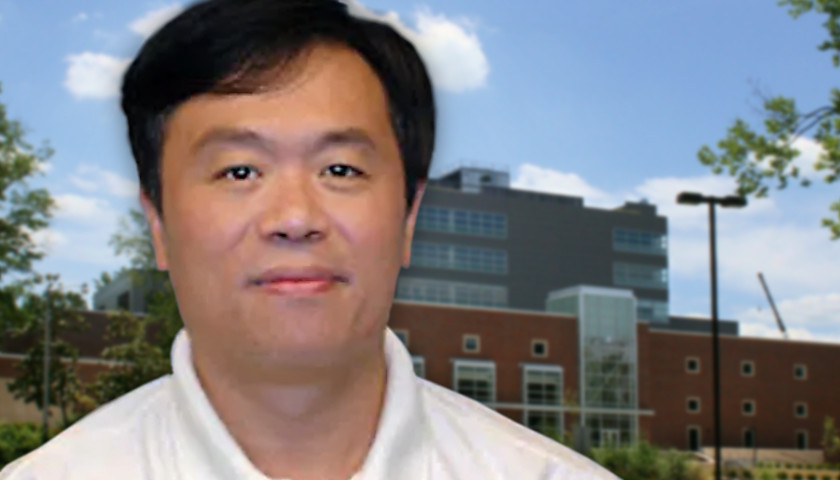by Ben Zeisloft
A professor at Southern Illinois University received an indictment for concealing his support from the Chinese government.
According to a United States Department of Justice press release, Mingqing Xiao — who teaches mathematics at Southern Illinois University-Carbondale — “fraudulently obtained $151,099 in federal grant money from the National Science Foundation (NSF) by concealing support he was receiving from the Chinese government and a Chinese university.”
Accordingly, he was charged with two counts of wire fraud and one count of making a false statement. He faces the possibility of twenty-year sentences for each of the former, as well as a five-year sentence for the latter. All three charges are punishable by fines of up to $250,000 each.
Xiao has worked in the school’s mathematics department since 2000. According to the indictment, he “applied for and received NSF grant funds for a project set to run from 2019 to 2022 without informing NSF about another, overlapping grant he had already received from the Natural Science Foundation of Guangdong Province, China.” Xiao also allegedly “failed to inform NSF that he was on the payroll of Shenzhen University, a public university in Guangdong Province, and that he had already committed to teaching and conducting research at Shenzhen University from 2018 to 2023.”
While his National Science Foundation proposal was pending, he applied for another grant from its Chinese equivalent, failing to disclose the new request to American officials.
Before awarding the grant, the DOJ says NSF “questioned Xiao about any current or pending funding from ‘worldwide sources,’ including specifically whether he held any position outside of the United States or had obtained funding from non-U.S. funding sources.” The indictment “accuses Xiao of falsely reporting to NSF that he had nothing else to disclose.”
“Again, an American professor stands accused of enabling the Chinese government’s efforts to corruptly benefit from U.S. research funding by lying about his obligations to, and support from, an arm of the Chinese government and a Chinese public university,” said Assistant Attorney General John C. Demers for the Justice Department’s National Security Division (NSD).
“Honesty and transparency about funding sources lie at the heart of the scientific research enterprise. They enable U.S. agencies to distribute scarce grants for scientific research fairly and equitably,” he continued. “And they allow other researchers to evaluate potential conflicts of interest and conflicts of commitment. When researchers fall short of fulfilling these core academic values in ways that violate the law, the Department stand ready to investigate and prosecute.
Southern Illinois University Carbondale Executive Director of University Communications Kim Rendfeld confirmed to Campus Reform that “Mingqing Xiao has been placed on administrative leave, pending the university’s investigation into the issue.”
Campus Reform has covered many similar instances of professors placing American research at risk to Chinese espionage.
Most recently, former Stanford researcher Chen Song was indicted for failing to conceal her ties to the Chinese military. Officials believe that Song tried to destroy incriminating digital files, including a letter she wrote to the Chinese consulate in New York City, in which she states that she had attempted to mail classified information to the Chinese military.
Campus Reform reached out to Southern Illinois University-Carbondale for comment; this article will be updated accordingly.
– – –
Ben Zeisloft is a Pennsylvania Senior Campus Correspondent, reporting on liberal bias and abuse for Campus Reform. He is studying Finance and Marketing at the Wharton School of the University of Pennsylvania. Benjamin also writes for The UPenn Statesman and the Wharton International Business Review.
Photo “Morris Library” by Bradley Furlow CC 4.0 and photo “Mingqing Xiao” is by Southern Illinois University.








